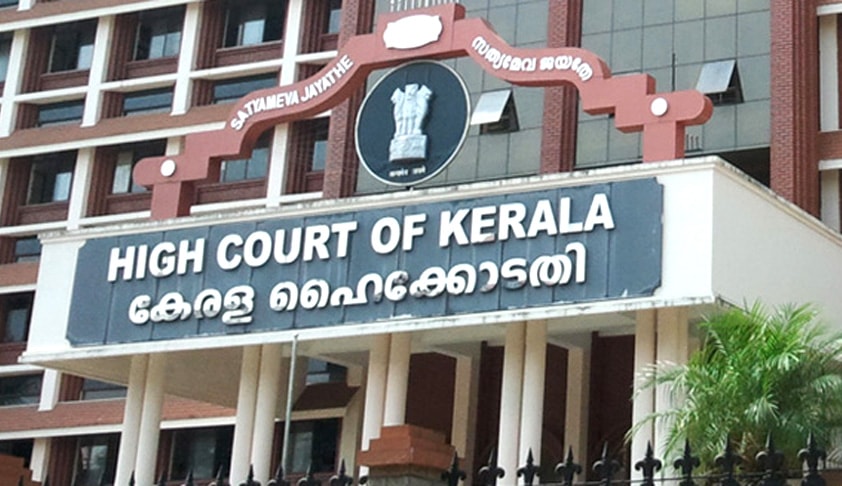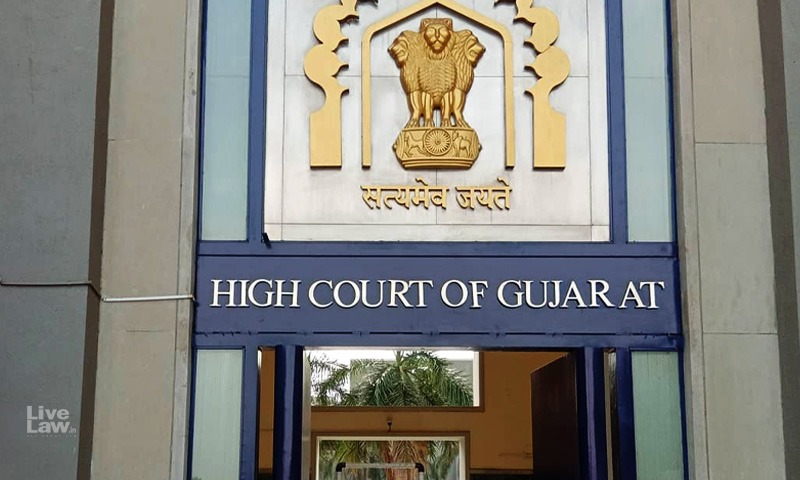Rakesh Kumar Jain, J.@mdashAppellant''s mother Chanchala Devi was working as Junior Assistant in Sub Tehsil, Talwara, District Hoshiarpur. She expired in harness on 01.07.2006 and left behind her husband Karnail Singh working as Patwari, son (appellant) and daughter Nidhi Kaundal. The appellant, who was B.Sc. at that time, made an application to the Deputy Commissioner, Hoshiarpur for employment on compassionate ground under the priority scheme, commensurating with his educational background. Although, Tehsildar and SDM, Mukerian recommended the case of the appellant for compassionate appointment, yet the matter was not allegedly finalized by the Deputy Commissioner which led to the service of a legal notice and filing of CWP No. 6956 of 2011, which was disposed of on 25.04.2011 directing the respondents to consider and decide his claim within a period of three months. The appellant also filed COCP No. 2810 of 2011, but after the receipt of order of this Court dated 25.04.2011, fresh inquiry was ordered by the Deputy Commissioner (respondent No. 2). The SDM, Mukerian submitted his inquiry report on 07.10.2011 but respondent No. 2 did not agree with the recommendation and rejected the claim of the appellant. Aggrieved against that order, the appellant had preferred CWP No. 8443 of 2012 which has been dismissed by the learned Single Judge on 07.05.2012, against which the present appeal has been filed.
2. Counsel for the appellant has submitted that respondent No. 2 as well as the learned Single Judge have failed to appreciate the inquiry report (Annexure P-9) which clearly shows that the appellant is in need of employment because of his weak financial position. It is also submitted that his father is a drunkard, intends to marry again and is not looking after the appellant who is spending his life in penury.
3. We have heard counsel for the appellant and perused the record.
4. Respondent No. 1 has framed a policy on 21.11.2002 (Annexure P-1) regarding compassionate appointments in which it is provided that "in case where any member of the deceased servant is already in employment and is not supporting the other members of the family of the Government servant, extreme caution has to be observed in ascertaining the economic distress of the members of the family of the Government Servant so that the facility of appointment on compassionate ground is not circumvented and misused by putting forward the ground that the member of the family already employed is not supporting the family."
5. It has been found as a fact that the deceased Chanchala Devi was owner of 6 Kanals of land and had Rs. 3,85,628/- in her general provident fund. The appellant acquired higher education (MBA) in the year 2006 from the Indian Institute of E. Business, Maharashtra (private institution) and also got married. His sister was doing B.Ed. from a private institution. It was found that the appellant and his sister were being helped by their father and it appears that the aforesaid clause in the instructions (Annexure P-1) was kept to meet such like contingencies where concerted efforts have been made by the appellant in putting forward his case that member of his family, who is in employment, is not supporting him, which is apparent from the fact that father of the appellant, who is a serving Patwari, alleged to have disowned his son and the appellant is levelling allegation of his father being a drunkard etc. It is well nigh impossible that without the help of his father, the appellant would have completed his MBA from a private institution from Maharashtra and solemnized his marriage, whereas the object of compassionate appointments is to enable the penurious family of the deceased employee to tide over the sudden financial crises and not just to provide employment. In view of the aforesaid discussion, we do not find any merit in the present appeal and hence, the same is hereby dismissed.

